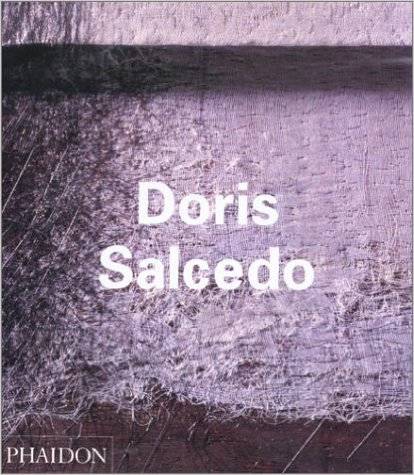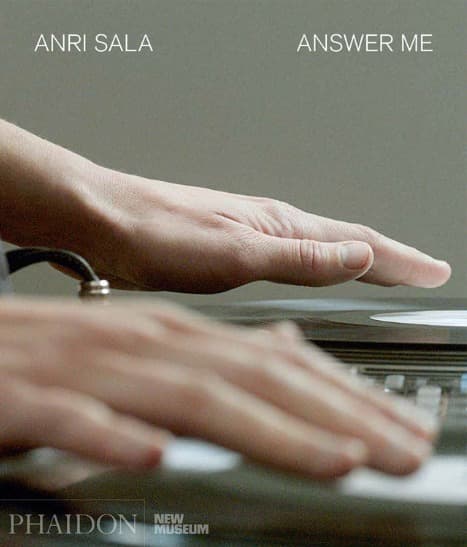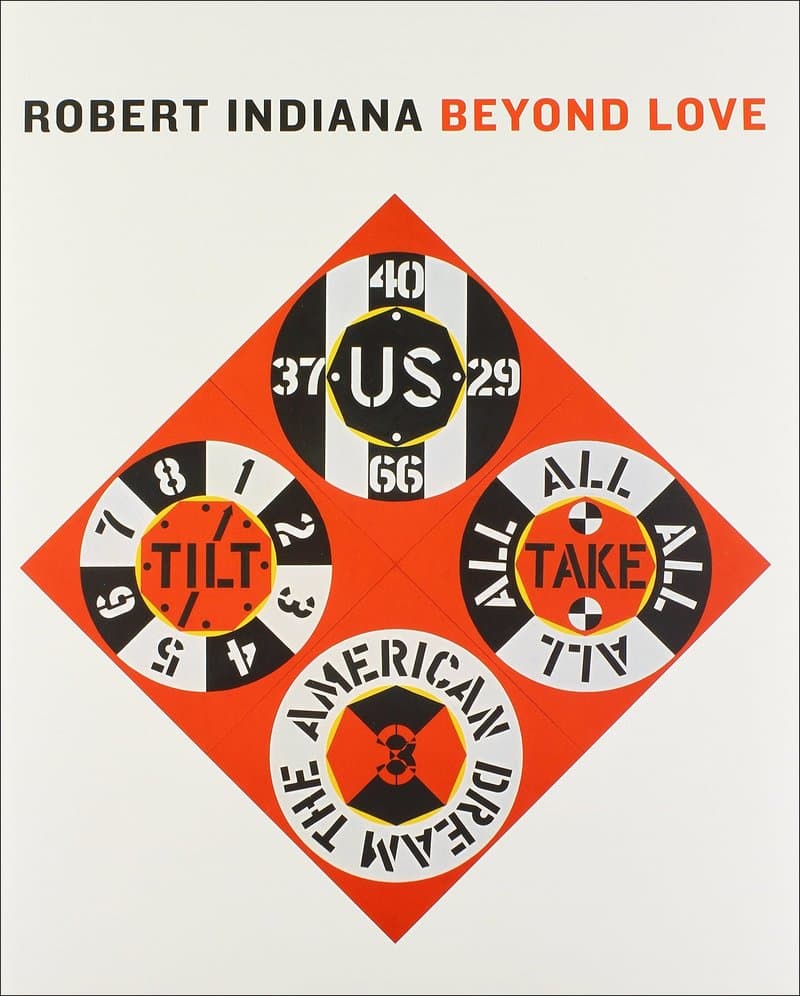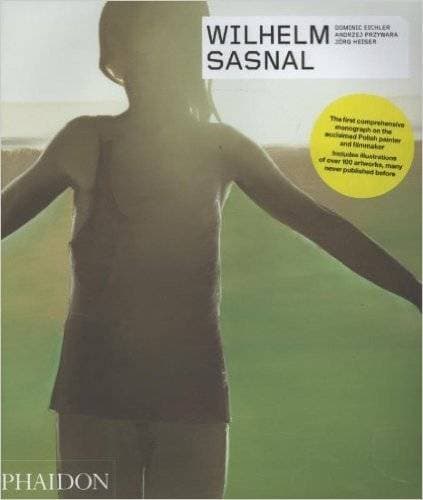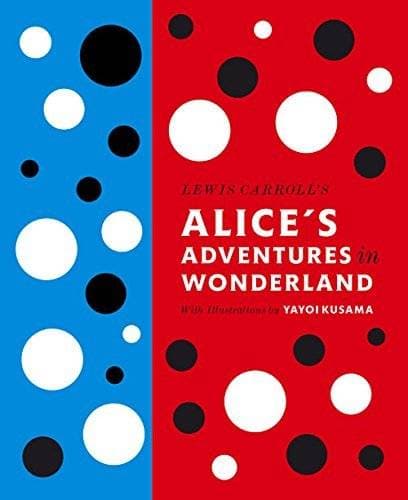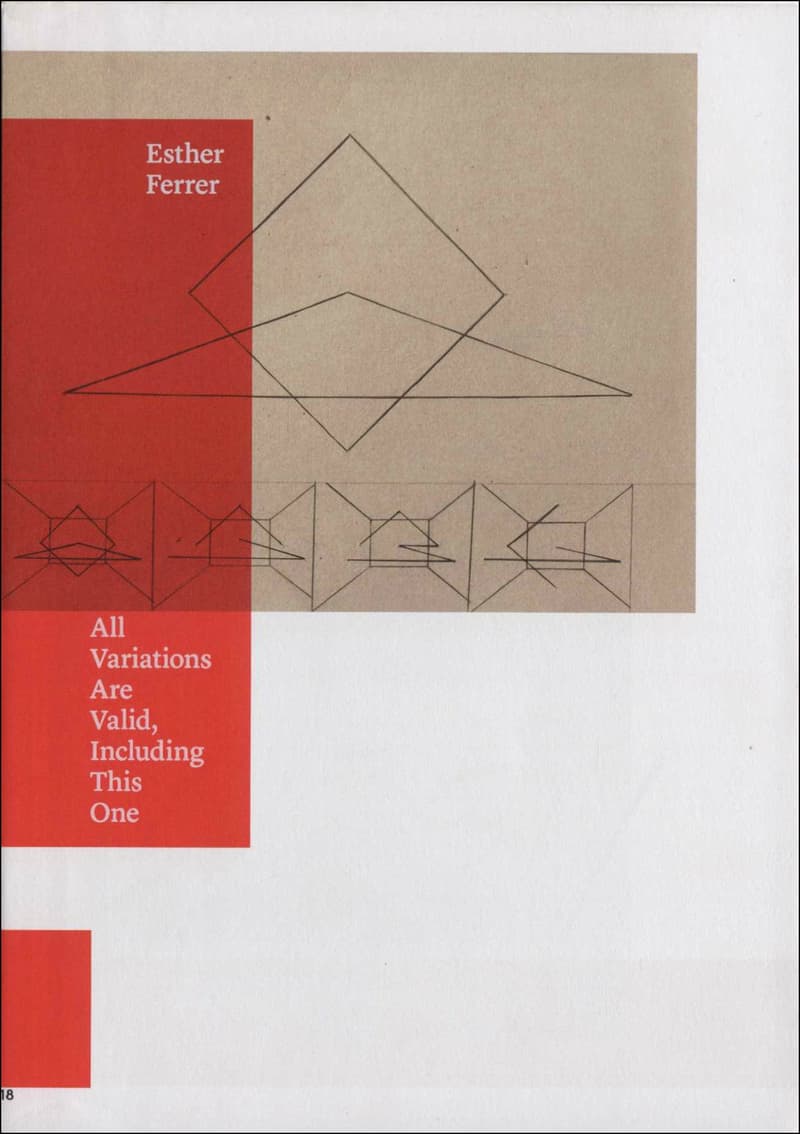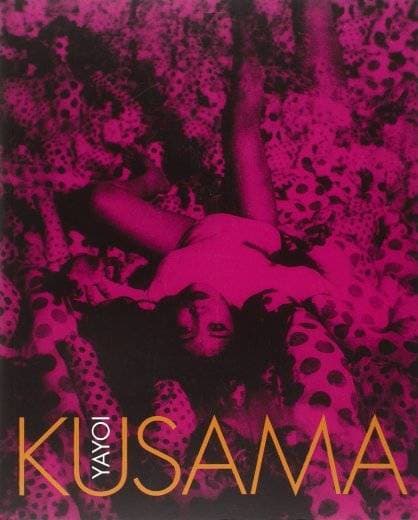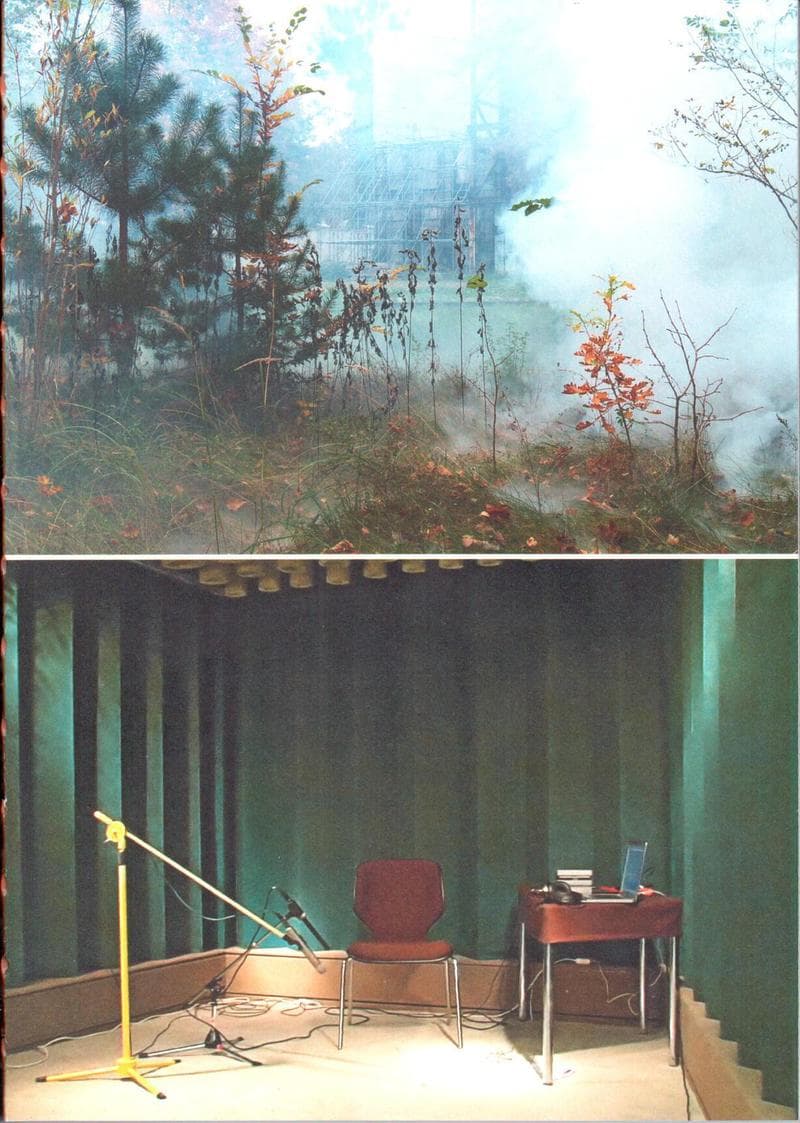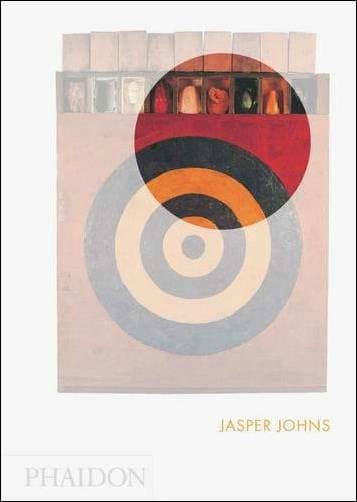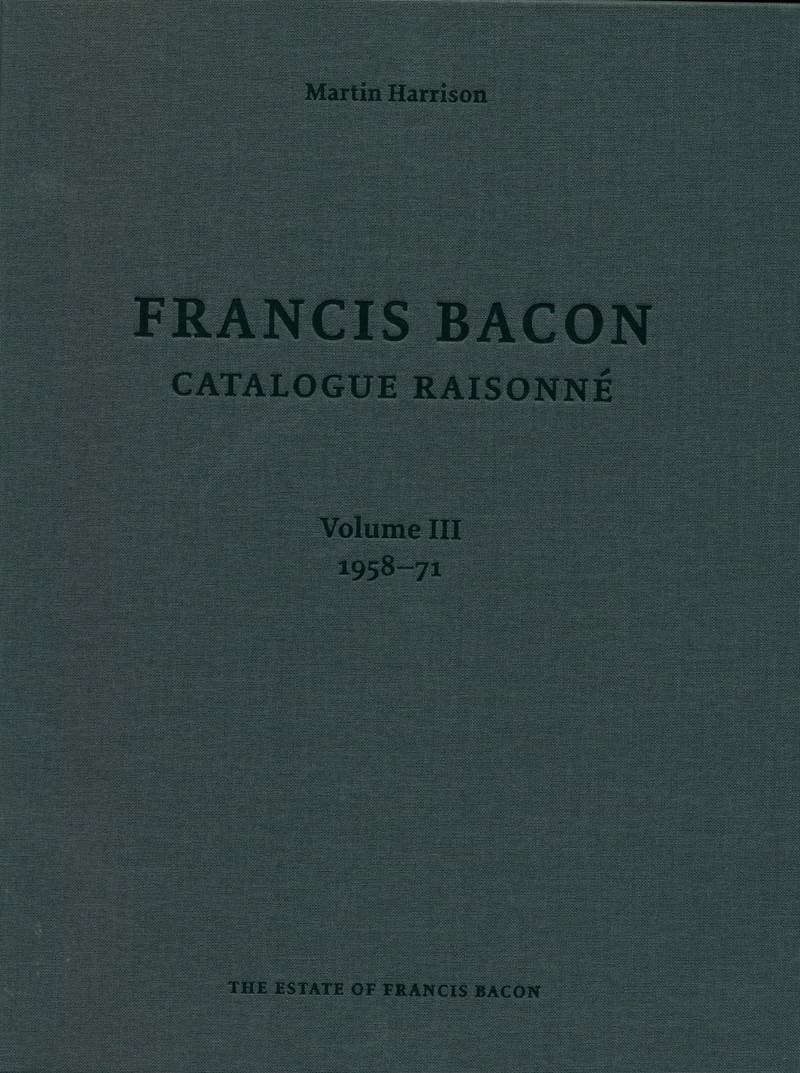Doris Salcedo
With work in the collections of The Museum of Modern Art, New York, and Tate, London, Colombian artist Doris Salcedo (b.1958) is one of today's most internationally respected South American sculptors. Inspired as much by poetry and philosophy as by the affecting material qualities of sculpture, Salcedo subtly and painstakingly transforms everyday household objects and garments — symbols of a vanished existence and of the human tragedies that are its cause. In Atrabiliaros (1991-6) abandoned shoes of 'disappeared' Colombian people, half-concealed behind membranes of animal fibre, become ghost-like symbols of mourning. In Salcedo's ongoing untitled works, wooden furnishings, worn by long use and filled with concrete, mutely evoke the lives they once served. American art critic Nancy Princenthal surveys Salcedo's work in terms of the universal themes it evokes, contextualized in discussion of contemporary scultural practice. New York-based poet and curator Carlos Basualdo discusses with the artist her formative influences, which range from the art of precedecessors such as Joseph Beuys to the writings of philosophers and poets. German literary critic Andreas Huyssen focuses on Salcedo's sculpture Unland: The Orphan's Tunic (1997). For the Arist's Choice, Salcedo has selected two texts: an extract from Otherwise Than Being (1974) by philosopher Emmanuel Levinas, and poems by Paul Celan. The Doris Salcedo's observations on the human condition and its reflection in the work of poets, novelists and thinkers are discussed in conversation with art historian Charles Merewether.
Details
London
2008
160 pages
9780714839295
Available on request
Yes
Yes
709.203 Sal
1
- Anri Sala: Answer Me2016
- Robert Indiana: Beyond Love2013
- Wilhelm Sasnal2011
- Alice's Adventures in Wonderland: With Artwork by Yayoi Kusama2012
- All Variations Are Valid, Including This One2017
- «Путешествие по Северному морю»: искусство в эпоху постмедиальности2017
- Yayoi Kusama2012
- Anri Sala: Ravel Ravel Unrave2013
- Gia Edzgveradze. Welcome Foam — Farewell Human2009
- Gabriela Löffel2015
- Jasper Johns2014
- Francis Bacon. Catalogue raisonné. Volume III. 1958–19712016
